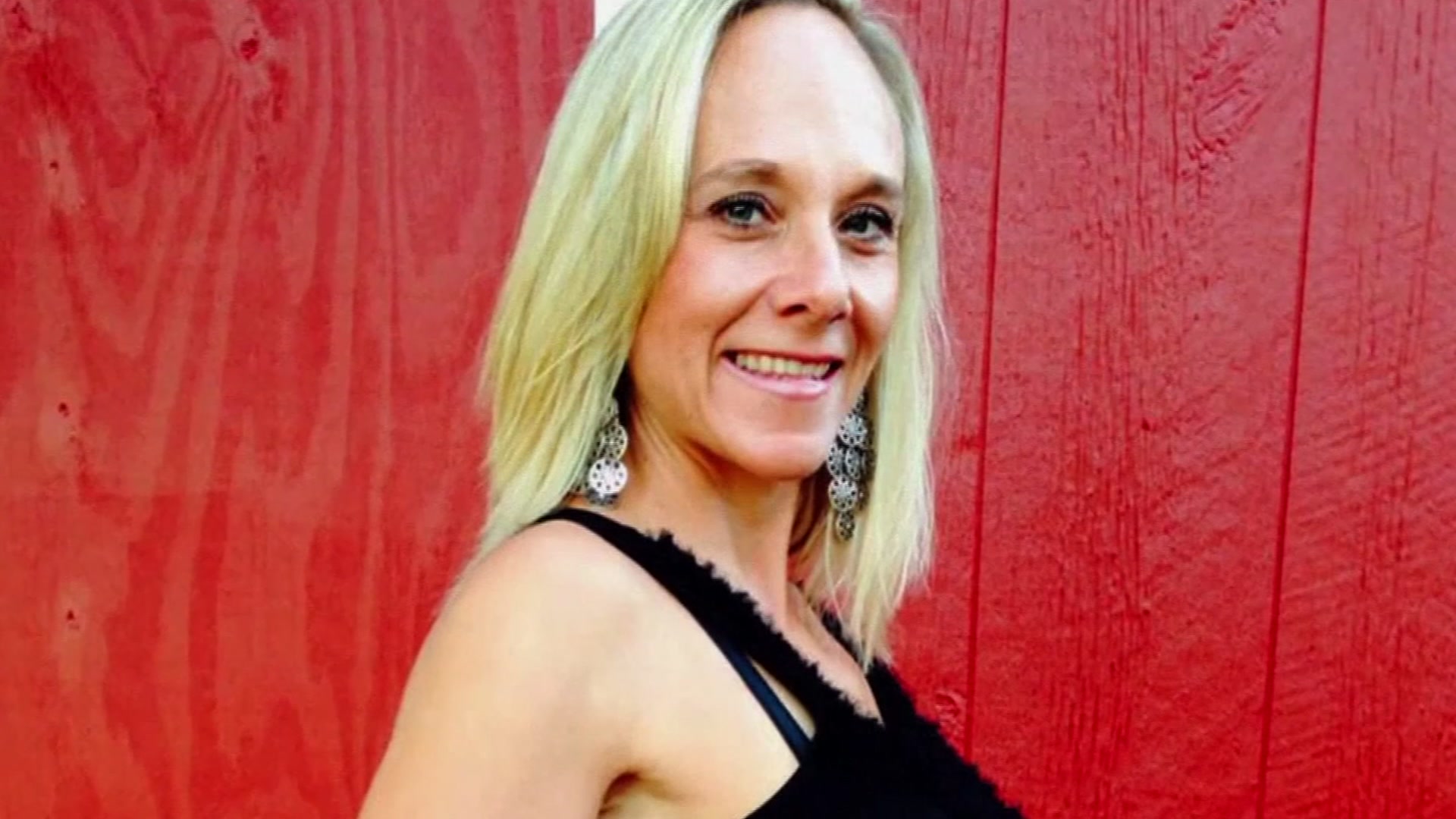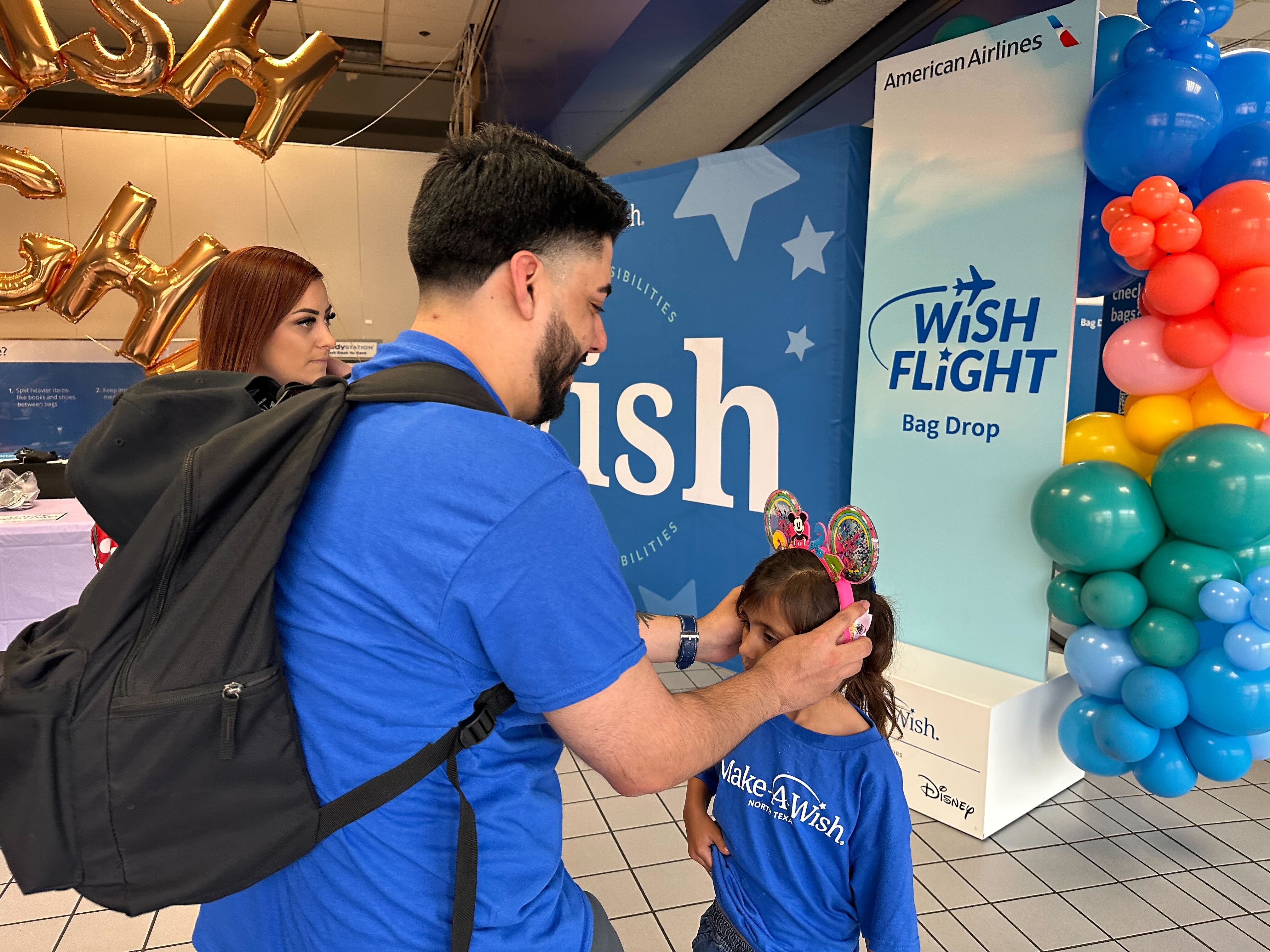The excellence in pre-hospital injury care, or "EPIC" project turned traumatic brain injury training upside down for paramedics and EMT's in Arizona. Now, 11,000 of them use the simple procedure, which has doubled survival rates, according to a study report out in May.
"I thought my son was dead, just based on the impact. I thought, there's no way that he could have survived because the whole back end was crushed up to our backs," said Arizona paramedic Alexandria Matthews.
But Matthews had her "EPIC" training the week before and turned from mom to first responder.
"By not allowing my son to be hypoxic as soon as he was in my arms, I started breathing for him, I think that plays a huge factor in how he is today and that he doesn't have the deficits that he probably would," said Matthews.
"EPIC" is the first major pre-hospital intervention project for TBI and it shows that early treatment is critical.
Daniel Spaite, MD, Endowed Research Professor of Emergency Medicine, College of Medicine-Phoenix at The University of Arizona said, "To have survival not just change by 10 percent, but by 100 percent increase in survival is really remarkable."
The protocol prevents the three h's: hypoxia, hypotension or low fluid, and hyperventilation.
Local
The latest news from around North Texas.
That's the opposite from what's been taught for decades.
Dr. Spaite said, "The reason it dropped intercranial pressure is unfortunately, it causes constriction in the arteries, so you don't get good flow to the brain when you hyperventilate."
Paramedic Sean Culliney has trained thousands of EMT's and paramedics.
"When the patient would talk to the surgeon, and the surgeon said this all happened before you got here, this happened pre-hospital, that's when our guys really started to grab hold of it," Culliney said.
Alexandria Matthews believes: "My little boy, I get to go home to him every single day, so I want to give people the opportunity to do that as well."
The EPIC study was funded with a 3.6 million dollar NIH grant. Dr. Spaite says many EMS systems in other states are implementing the protocol, which is available online. He's even getting calls from Europe and Australia.




